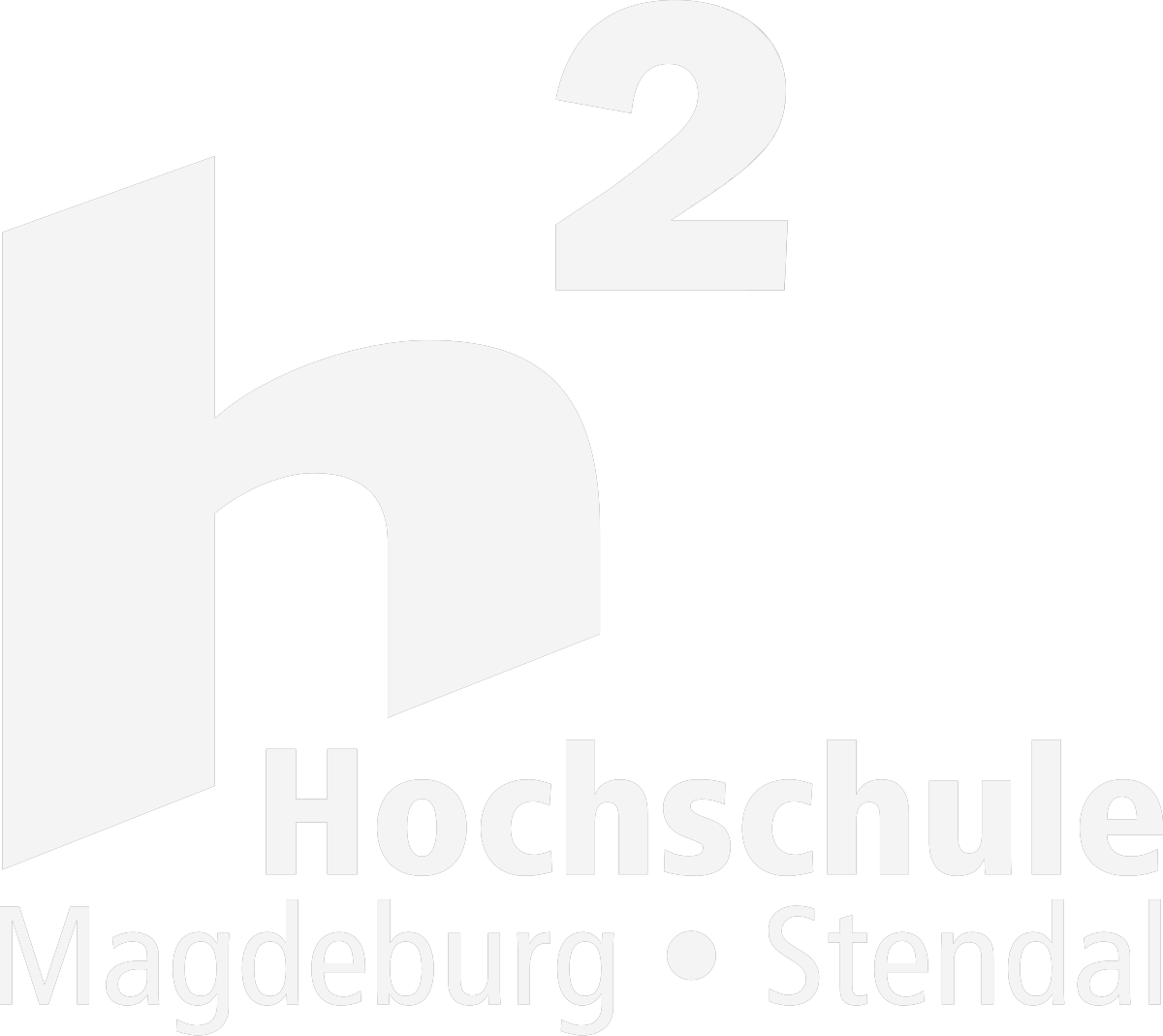The Learning, Interaction and Consumer Research Lab (LeIK-Lab) is currently managed by the scientific staff of the research project PIL (PraxisInnovation-Labor) at the university in Magdeburg.
The lab is currently being used for the precise execution and
evaluation of user studies. In addition, the Lab is used for teaching courses and other research projects.
The demand for well-designed interfaces between man and machine is
increasing in many disciplines. At the University of Applied Sciences
Magdeburg-Stendal this includes the courses of study:
Electrical Engineering, Mechanical Engineering and Human-Technology Interaction.
There are two fully equipped workstations in the LeIK Lab where research can be conducted. These are equipped with:
- Monitor with webcam, mouse, keyboard, speakers and headphones.
- Eye tracking glasses: Tobii Pro Eye Tracking Glasses
- VR glasses: HTC Vive Pro Eye VR Headset
- Augmented Reality Glasses: Leap Motion
- Tobii Pro Studio Software
- Screen-Based Eye Tracking System (Smart Eye Aurora)
- Facial Expression Analysis Module
There is also a whiteboard, facilitation materials, a room camera and a recording device in the room.
The Lab is available for various testing and evaluation methods, e.g.:
- Workshops
- Interviews
- Observations
- Brain- and Bodystorming
- creation of MindMaps or
- recording of focus groups, etc.
Usability & User Experience
The lab can be used to test screen applications such as websites, apps, user portals or display control panels for machines. User behavior, usability of websites and software on stationary and mobile devices are examined. For quality and usability testing of interface technologies, the Screen-Based Eye Tracking System (Smart Eye Aurora) is provided. A facial expression analysis module is integrated which, in addition to action-based evaluation, can record the unconscious, emotional reactions of test subjects.
The lab can also be used for prototype development. When researching, designing and implementing new ideas, requirements analysis and determining the needs of target groups play a central role. Design processes are increasingly user-centered in order to develop solutions that demonstrate lasting relevance in practice.
Consumer research
In the LeIK-Lab, attention and perception processes in consumer contexts can also be studied. Possible fields of application include the analysis of shopping behavior, purchase decisions, packaging design, store design or shelf placement. The lab can also study the impact of product placement and evaluate and optimize other advertising, such as online marketing, print advertising, and social media ads and commercials. Additionally, the mobile equipment can be used to conduct research in real-world environments such as supermarkets or shopping malls.
Teaching-learning research
The LeIK-Lab facilitates research on didactic design and the impact of media-based learning and teaching. Primarily, the studies refer to usability investigations that optimize (online) learning systems or examine individual courses for their layout as well as structural optimization potentials. In addition, the instruments of the LeIK Lab can also be used in the seminar room to test and (further) develop learning-promoting environments, optimized learning materials and/or learning-effective course designs.
Within the courses of the master program Interaction Design the lab is used for real examples of user research, usability and experience research, for first experiences with studies and writing scientific papers. The planning, construction, execution and evaluation of user tests can be tested in an innocuous way.
MARIUS GIESSMANN, CHRISTINE GOUTRIÉ, MICHAEL A. HERZOG
Unsichtbar und unverständlich: Kennzeichnungen von Roboterjournalismus.
Dachselt, R. & Weber, G. (Hrsg.), Mensch und Computer 2018 – Tagungsband. Bonn: Gesellschaft für Informatik e.V
Nils Suhr, M.A.
scientific employee at Xperimaker-Lab
E-Mail: nils.suhr@h2.de
Swantje van de Veen
student employee at h2d2
E-Mail: swantje.ven@stud.h2.de
Victoria Batz, M.A.
scientific employee at project CleanBREATHE
E-Mail: victoria.batz@h2.de
Prof. Steffi Hußlein
Interaction Design
Department of Engineering and Industrial Design
Prof. Dr.-Ing. Michael A. Herzog
Information Systems Engineering
Department of Economics
Prof. Dominik Schumacher
Interaction Design Technologies
Department of Engineering and Industrial Design


